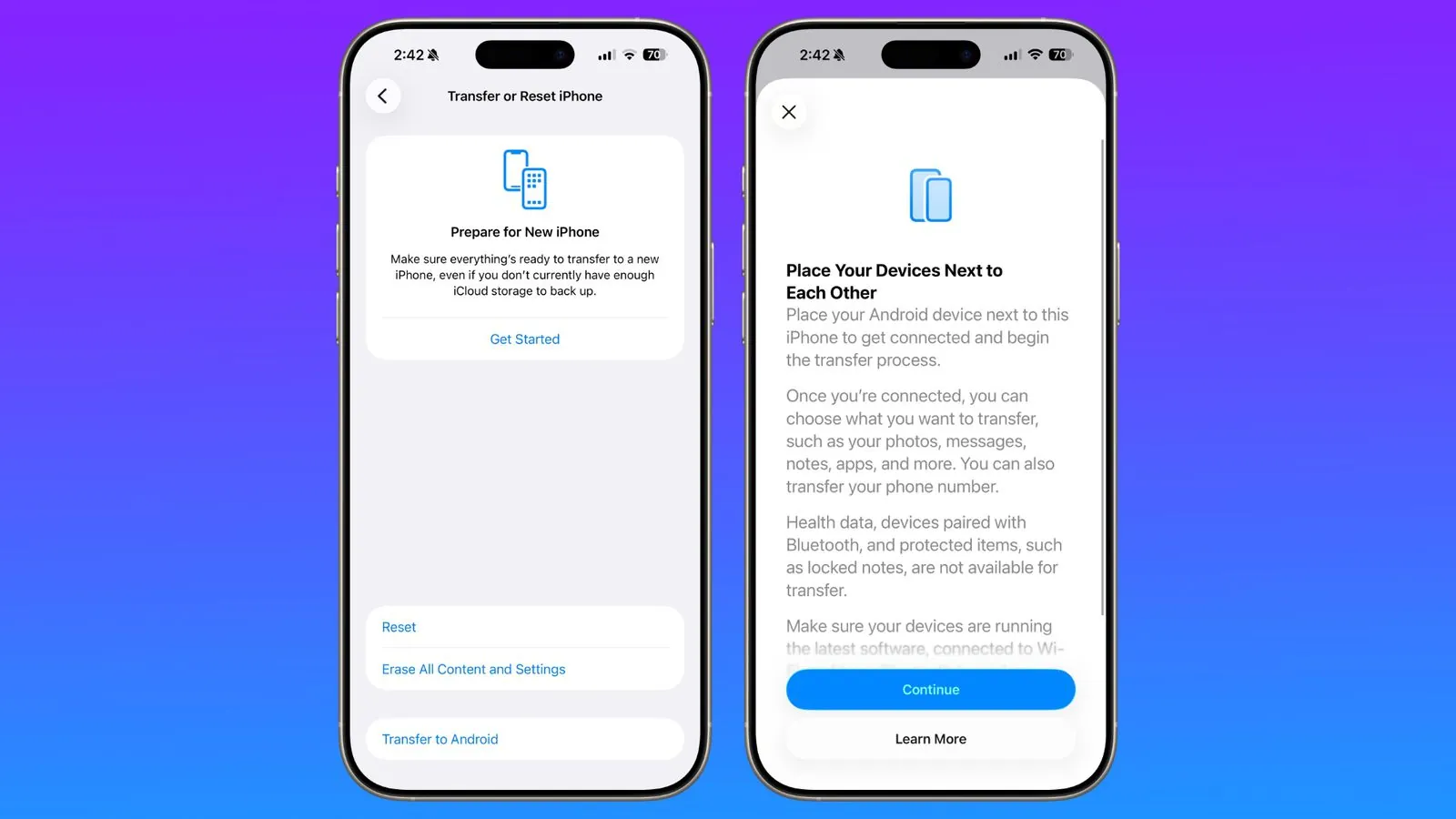Prof. Babson Ajibade of the University of Cross River State (UNICROSS) has invented a BMV-6 Medical Ventilator which has been selected as the third-best innovation in Nigeria.
It was selected among 108 innovations from across Nigeria. Of the 108 innovations from around Nigeria, the ten best were exhibited at the Academy’s prestigious Annual Technology Dinner, Innovations Exhibition and Award Night held in Lagos on 26th June 2024.
At the Lagos exhibition demonstrations, the BMV-6 Team, made up of Prof. Babson Ajibade, Solomon Muze and Bassey Ofem, flew the UNICROSS and Cross River flags very high.
The BMV-6’s scope of functionality, innovation and global-quality finishing made it a favourite of the crowd of Engineers at the Innovation Exhibition.
The innovative non-intrusive machine is called BMV-6 Ventilator (Babson’s Multiplex Ventilator) designed and built in Cross River State, Nigeria.
It is an outcome of 5 years of rigorous, expensive and personally funded research by Prof. Ajibade.
Unlike all other ventilators in the market that ventilate one patient at a time, the BMV-6 Ventilator machine is designed to ventilate 6 patients independently and simultaneously.
Prof. Ajibade explained that “Knowing how epileptic the national grid is, and how absent it can be in remote parts of Nigeria, the BMV-6 Ventilator is designed to operate with 24v DC, making it very low on power consumption, and useable with renewable energies like solar and wind.”
He further explained that: “The machine has an inbuilt lithium battery system, to ensure it can continue working for 33 hours even when the national grid goes off, and while an alternative power is being sought. The 24v DC design of the machine substantially lowers power consumption and reduces or even eliminates the need for electricity generators, when connected to solar.
“Unlike all ventilators in the market that are controlled in foreign languages like English, French, German, Spanish, Chinese, etc, the BMV-6 is controlled in Nigerian languages such as Pidgin English, Hausa, Igbo, Yoruba and Efik.”
He added that “Including Nigerian language in the machine’s touchscreen interphase makes it easy and culturally attentive, even to users in the remote parts of Nigeria and Africa. It is programmed to handle the selection of multiple client types (Adult, Child and Infant) and the dispensing of oxygen according to selections. There are 6 units each of interchangeable nose masks, which can be attached to the ventilation line according to the client type selected per port. Each of the 6 ventilation ports is completely independent of the other, and is also independently controlled with the Touchscreen.”
READ ALSO: Man ends 2-month-old marriage, says he married an enemy
In the context of Nigerian and African realities, and against the “global norm” of one patient to a ventilator, Prof. Ajibade took a radical approach to the design of the BMV-6 Ventilator, to ensure independent and simultaneous ventilation of 6 persons, to fit into the shared wards in Nigerian and African hospitals.
He stated that the advantages inherent in a Nigerian-content ventilator such as the BMV-6 is that it is far cheaper to acquire and maintain, easier and more sustainable to deploy in Nigerian hospitals.
He also disclosed that the Academy has bought into the innovation and has decided to help scale it up and find investors and interested industries to take the BMV-6 Ventilator to the market.
Being such an innovative technology designed and produced in Calabar, there is no doubt at all that it will continue to create an impact and fly the UNICROSS and Cross River State flags around the nation, Africa and the world, in the coming years.
The BMV-6 Ventilator is something that needs to be celebrated as proudly UNICROSS and proudly Cross River.
We thank the Vice-Chancellor for supporting the movement of the innovation to the Lagos exhibition.




